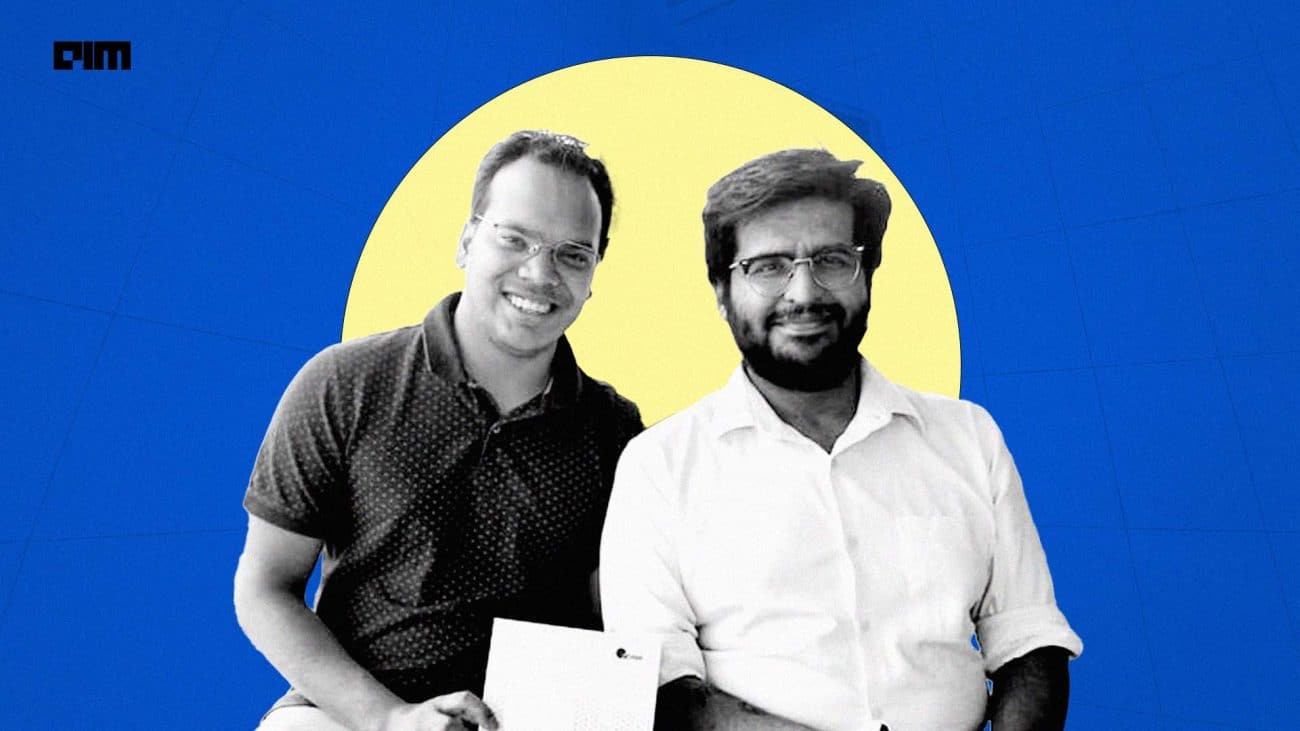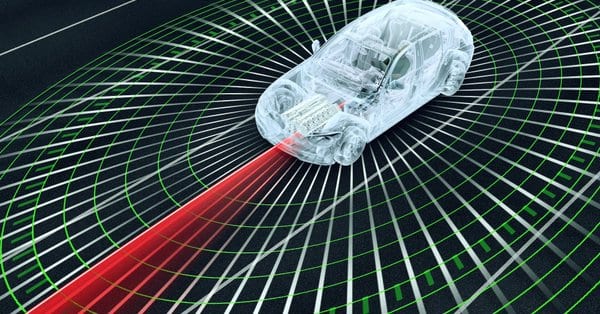The first-ever ‘smart city,’ so to speak, was Amsterdam’s eponymously named digital city, De Digitale Stad (DDS). This was not so much a physical, liveable city as it was a cyberspace consisting of 300-odd citizens that could afford the Internet in 1994, launched with the local government’s support. Cisco fuelled the movement of actual urban cities in 2005 by investing $25 million over a period of five years to invest in smart cities.
Since then, smart cities have evolved into large-scale, ambitious urban expansion projects that make use of technology in integral parts of the city to ease the lives of its citizens. As technology improves in strides, a smart city’s concept has also evolved from merely incorporating technology to becoming futuristic demonstrations of bleeding-edge technology themselves.
The Smart Cities Of 2021
Japanese automobile manufacturing company Toyota recently announced that their Smart City projecy, the ‘Woven City’, had officially begun, with the ground being broken at the construction site near Mount Fuji, Japan. The city is envisioned to be a smart city that is a “living laboratory” spread out over 175 acres and will be used to test autonomous vehicles, along with consumer and industrial grade robotics, and above all, the integration of AI with the personal lives and mobility of its residents. The Woven City was initially announced back in January 2020 at the Consumer Electronics Show (CES), Las Vegas, where it was described as a ‘prototype city of the future where all ecosystems are connected’.
The city is to be developed on a clean-sheet design by Danish architect Bjarke Ingels, known for his environmentally sustainable corporate designs. It will have three kinds of streets, one for fast vehicles, one for both low-speed mobility vehicles like scooters and pedestrians, and one dedicated towards pedestrians only, designed to resemble the promenade of a park. An underground road is also planned, for the transportation of goods.
Since Toyota wants to use the Smart City as a real-world environment to test out its autonomous vehicles, their concept electric vehicles like the Micro-Palette package delivery robot, powered by robust AI neural networks, will be used to transport people as well as packages. Toyota also intends to use robots throughout the city that will be able to carry out basic functions using voice commands. Homes will also contain robots and sensors that use artificial intelligence to communicate with other residents and services in the city.
The kingdom of Saudi Arabia is also developing a smart city of their own. In January, crown prince Mohammed bin Salman announced The Line – a 170 km long linear city in the NEOM project region that would be optimised for commuting, eliminating the need for personal vehicles and even main roads. They plan to achieve this feat through a futuristic three-tiered city layout and public transportation linked by hyperconnected AI networks.
As governments rethink urban planning and mobility with these smart cities in 2021, artificial intelligence, brought together with the Internet of Things, is driving forward the future of human living.
AI and IoT
The basic unit of a smart city remains the same as that of an ordinary city — the building, or in this case, the ‘smart building’. These integrate technology into building management, light fixtures, electricity, water, and security and are part of a larger network of buildings combined with IoT.
The massive amounts of data generated from the army of sensors and devices in the IoT network can be more efficiently handled by AI tools with the help of machine learning. Machine learning allows the algorithms to identify anomalies and distinct patterns among the sea of data generated by the sensors. ML also increases the operational speed by up to 20 times with more accuracy than traditional approaches, even with information like temperature, humidity, pollution levels, etc.
The risk of unplanned downtime is also alleviated with the use of AI in IoT, as equipment failures can be predicted in advance, so repairs and maintenance can be directed. According to a Deloitte study, PdM (Predictive maintenance) can reduce planning time for maintenance by up to 50%, increase equipment availability by up to 10 %, and reduce upkeep costs by up to 10%.
Analyst firm MarketsandMarkets forecasts significant growth for the AI in the IoT industry, with the market size predicted to grow from $5.1 billion in 2019 to a whopping $16.2 billion in 2024, with a predicted growth rate of 26%. Of course, the pandemic has slowed things down, but both The Line and the Woven City, arguably among the most influential current smart city projects, were announced in 2021. According to Gartner, more than 80% of enterprise IoT projects will include artificial intelligence by 2022 instead of the 10% currently integrated. The shift is being led by the biggest payers – Amazon, Oracle, Google, Apple and so on, and soon most smart cities will be powered by engines of perfectly integrated AI-IoT systems.







































































































